|
Getting your Trinity Audio player ready...
|
The economic war between the United States and China has escalated into a defining global conflict, shaping international trade, investment strategies, and geopolitical alliances. This struggle, which has intensified in recent years, is no longer confined to tariffs and trade barriers. It now extends to advanced technology, financial markets, and the very structure of global supply chains.
While both nations are interdependent in many sectors, the political will to decouple remains strong on both sides. The Biden administration has intensified its efforts to reinforce economic barriers against China, while Beijing is concentrating on internal economic reforms and strategic partnerships.
A War Beyond Tariffs
At the heart of the conflict is the quest for economic supremacy. The U.S., the world’s largest economy, continues to impose restrictions on Chinese firms, citing national security concerns. These include measures targeting China’s semiconductor industry, restrictions on high-tech exports, and bans on investment in Chinese AI and telecommunications companies. Meanwhile, China is retaliating with its own countermeasures, including limits on exports of rare earth minerals essential for U.S. industries and the expansion of its economic influence across Asia, Africa, and Latin America through the Belt and Road Initiative.
The Competitor Numbers
Recent economic data presents a revealing picture of the two competing superpowers:
- United States GDP: The U.S. economy in 2024 remains robust, with a GDP surpassing $29 trillion, showing resilience despite inflationary pressures and geopolitical risks. However, concerns over national debt, fiscal deficits, and deindustrialization continue to challenge its long-term stability.
- China’s GDP: China’s economy in 2024, valued at approximately $18 trillion, is facing slower growth, primarily due to a real estate crisis, declining foreign investment, and domestic policy shifts. Despite these setbacks, China’s manufacturing sector continues to outpace the U.S., solidifying its role as the world’s factory.
- Trade Balance: The U.S. trade deficit with China remains significant, but Washington’s efforts to decouple from Chinese supply chains are beginning to show results. Meanwhile, Beijing is actively diversifying its trading partners, strengthening ties with the European Union, Russia, and the Global South.
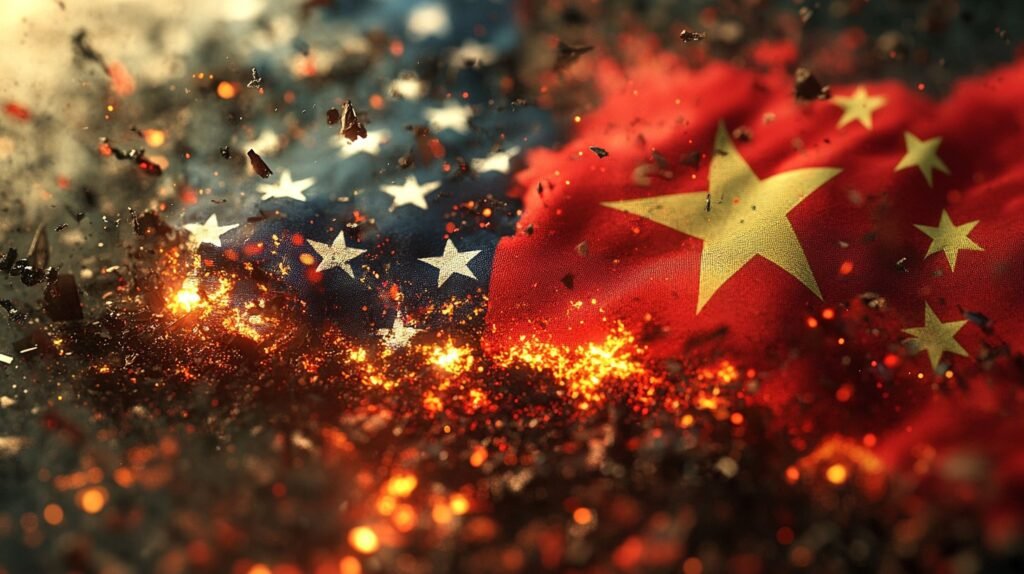
The Tech War: Semiconductors and Artificial Intelligence
One of the most critical battlegrounds is technology. The U.S. has implemented strict controls to prevent China from acquiring advanced semiconductor technology, restricting the export of critical chips and manufacturing equipment. Companies like NVIDIA, AMD, and ASML have been forced to comply with these restrictions, limiting China’s access to cutting-edge AI and supercomputing capabilities. In response, Beijing has ramped up domestic production and increased its support for homegrown tech giants like Huawei and SMIC, aiming for self-sufficiency in key industries.
Financial and Investment Warfare
Both nations are leveraging financial tools in their economic battle. The U.S. has pressured allies to restrict Chinese investment in strategic industries, while China has reduced its holdings of U.S. Treasury bonds, signaling a shift in its economic strategy. Meanwhile, Western firms are increasingly wary of investing in China due to regulatory uncertainty and government crackdowns on the private sector, leading to capital outflows from the Chinese market.

The Global Ramifications
The economic war between the U.S. and China is not just a bilateral issue; it is reshaping global economic dynamics. Countries caught in the middle, such as those in Southeast Asia, Europe, and Africa, are forced to navigate a complex web of alliances, trade routes, and investment strategies. Multinational corporations are restructuring their supply chains, with many shifting production away from China to countries like Vietnam, India, and Mexico.
What Lies Ahead?
The future of this economic war remains uncertain. The possibility of further escalations—whether through sanctions, military posturing, or cyber warfare—remains a looming threat.
The world is watching as these two superpowers clash, and the consequences will shape the global economy for decades. What do you think about this economic war? How do you see it impacting global trade and politics? Leave a comment and share your thoughts. Stay tuned, as we will continue to cover this critical issue with in-depth analysis and real-time updates. Check back daily for the latest developments.

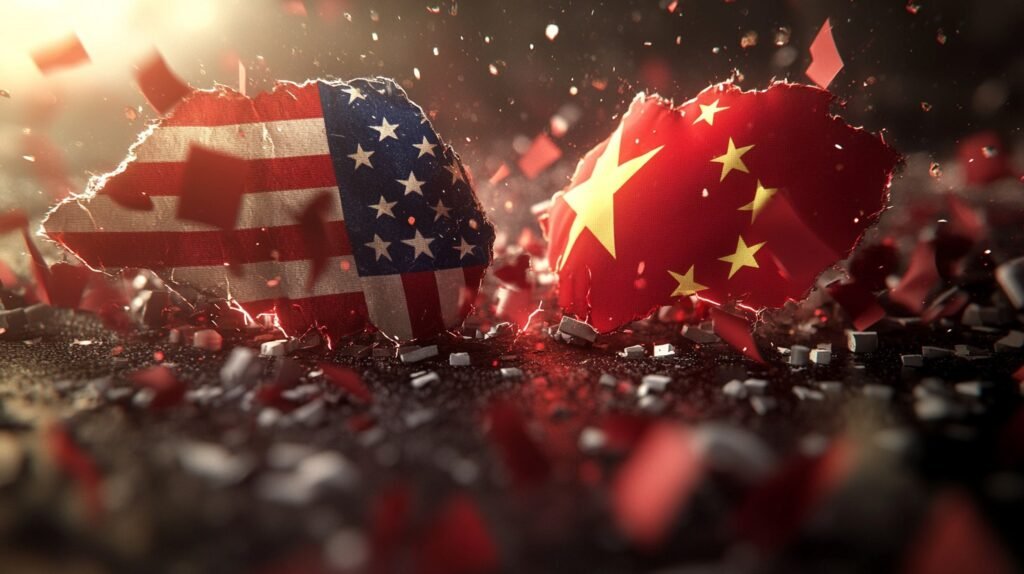



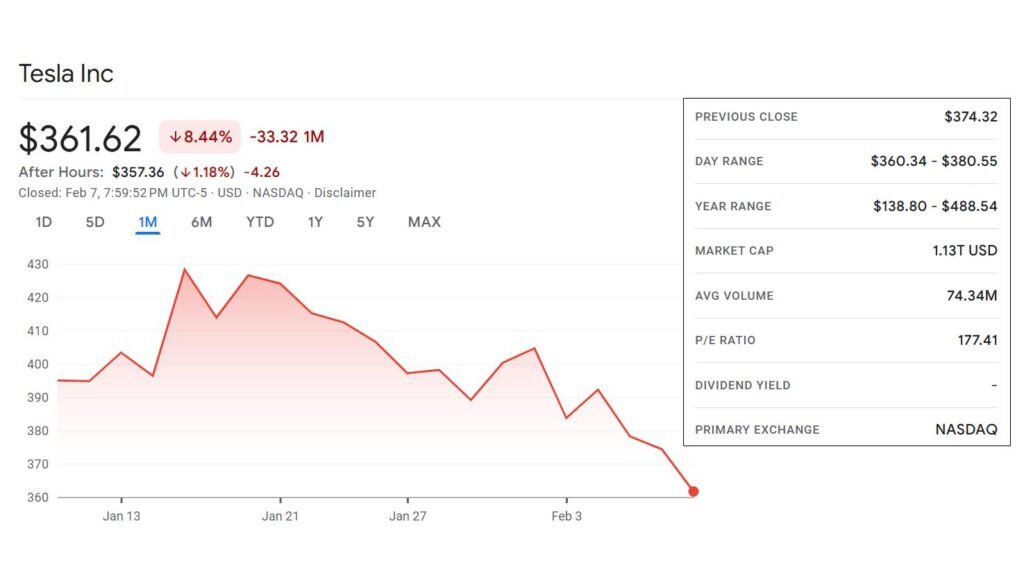
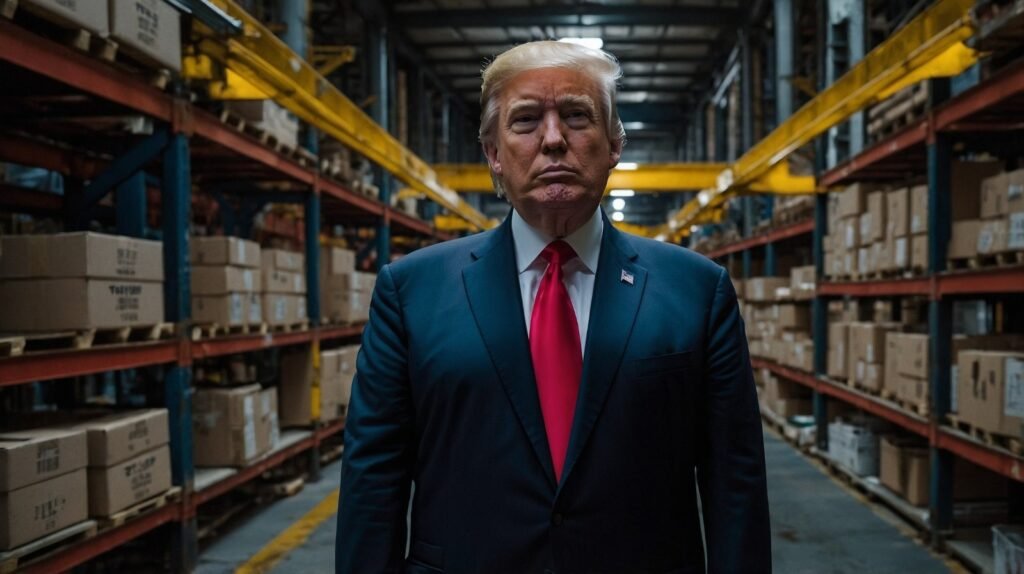
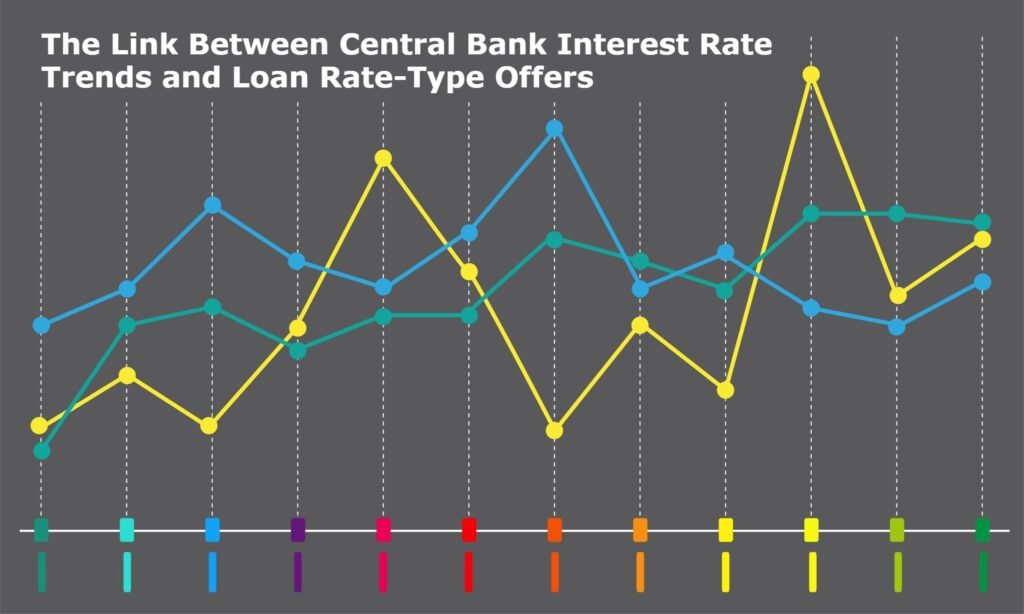
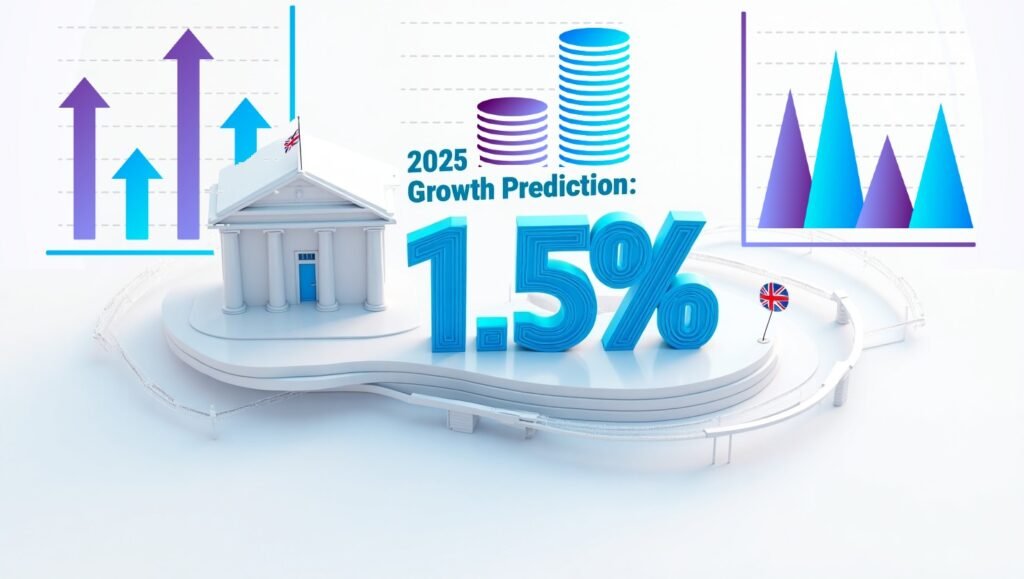

Balanceadora
Sistemas de ajuste: fundamental para el funcionamiento suave y efectivo de las equipos.
En el entorno de la innovación contemporánea, donde la productividad y la seguridad del aparato son de máxima trascendencia, los dispositivos de balanceo tienen un papel crucial. Estos equipos específicos están concebidos para balancear y estabilizar elementos giratorias, ya sea en dispositivos de fábrica, vehículos de movilidad o incluso en equipos de uso diario.
Para los profesionales en reparación de dispositivos y los ingenieros, operar con dispositivos de calibración es esencial para promover el rendimiento uniforme y confiable de cualquier dispositivo móvil. Gracias a estas soluciones avanzadas innovadoras, es posible reducir sustancialmente las movimientos, el estruendo y la carga sobre los rodamientos, prolongando la duración de elementos valiosos.
Asimismo significativo es el función que juegan los aparatos de balanceo en la servicio al comprador. El ayuda profesional y el conservación constante empleando estos aparatos posibilitan proporcionar soluciones de óptima nivel, elevando la agrado de los usuarios.
Para los propietarios de negocios, la aporte en unidades de balanceo y dispositivos puede ser esencial para incrementar la efectividad y desempeño de sus aparatos. Esto es particularmente importante para los emprendedores que administran medianas y pequeñas organizaciones, donde cada aspecto importa.
También, los equipos de balanceo tienen una vasta uso en el ámbito de la fiabilidad y el control de estándar. Facilitan detectar potenciales problemas, previniendo arreglos onerosas y perjuicios a los sistemas. También, los información generados de estos dispositivos pueden aplicarse para optimizar sistemas y mejorar la reconocimiento en plataformas de consulta.
Las sectores de aplicación de los dispositivos de ajuste cubren numerosas ramas, desde la producción de transporte personal hasta el monitoreo de la naturaleza. No importa si se refiere de importantes elaboraciones manufactureras o reducidos locales caseros, los aparatos de equilibrado son fundamentales para asegurar un funcionamiento óptimo y libre de interrupciones.